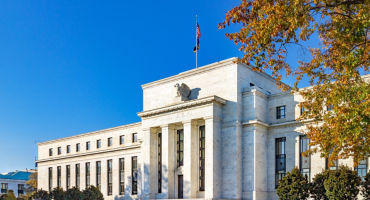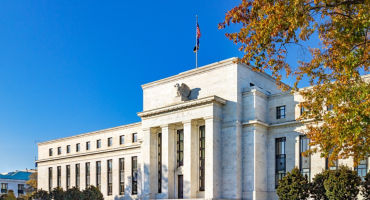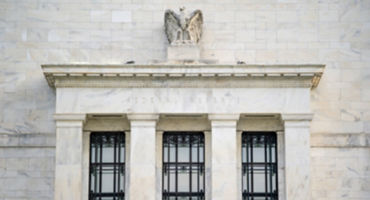Following four consecutive 75 basis-points (bps) increases to its policy rate, the Federal Open Market Committee (FOMC) finally slowed the pace of its rate-raising campaign, with a 50 bps hike at its December meeting — a move that had been widely anticipated by most observers.
Despite the smaller rate increase, the FOMC signaled that monetary policy might need to be even more restrictive in 2023 than it had projected this past September, with its policy rate likely going higher than what’s recently been reflected in market prices. Although the November inflation print showed further deceleration, US Federal Reserve (Fed) Chair Jerome Powell suggested that the FOMC will need to see “substantially” more evidence that inflation is continuing to drift lower — which could take several months or more of encouraging data — before the Fed would be willing to pause its rate-hiking cycle.
Inflation moderating but still well above target
The annual US headline inflation rate, as measured by the Consumer Price Index (CPI), moderated to 7.1% year over year in November 2022 — its lowest level of the year — helped by a sharp decline in the energy components of the index. Core inflation also fell more than expected, to 6.0% year over year.
A significant drop in core goods prices accounted for the bulk of the easing inflation, while core services prices have proven “stickier” due to the shelter component remaining quite elevated relative to history. However, most of the leading indicators I track suggest that house prices will come down over the next six to 12 months. Even so, my base case right now is for US inflation to end 2023 above the Fed’s target, which would make it exceedingly difficult for the Fed to justify the interest-rate cuts the market has been pricing in.
I suspect the Fed will lift its policy rate to a terminal level of around 5% by the first quarter of 2023 and then go “on hold” to ensure that monetary policy remains restrictive enough to keep pushing inflation lower.





















